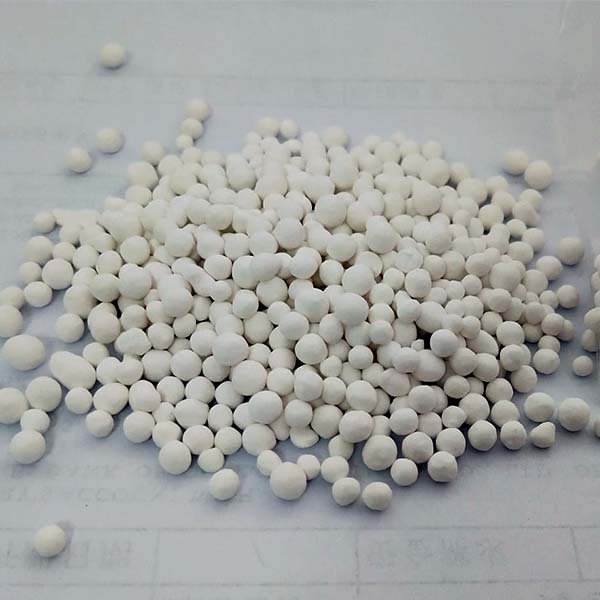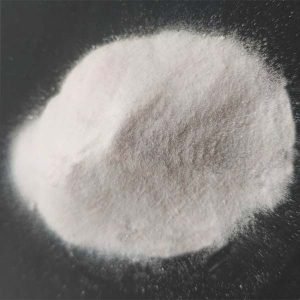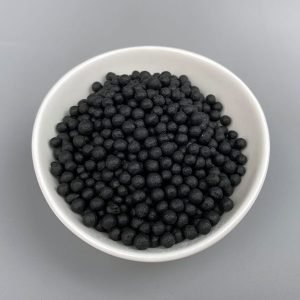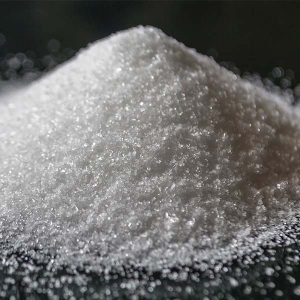Zinc sulphate is an important trace element product of animals and plants.
The role of zinc sulphate monohydrate:
1. Ecological use of Zinc Sulphate
Zinc element can promote the photosynthesis of crops. Zinc is the obligate activation ion of carbonic anhydrase in plant chlorophyll, and carbonic anhydrase can catalyze the hydration of carbon dioxide in photosynthesis.
At the same time, zinc is also an activator of aldolase, which is one of the key enzymes in the process of photosynthesis. Therefore, the use of zinc sulphate monohydrate can strengthen the chemical synthesis of plants. At the same time, zinc is an essential component of protein synthesis and ribose in animal and plant cells, which proves that zinc is an essential element for the growth of animals and plants.
2. Agricultural use of Zinc Sulphate
It is widely used in agriculture as fertilizer. As zinc supplement and insecticide to prevent fruit tree diseases and insect pests.
The use methods in agriculture:
- base fertilizer,
- foliar spraying,
- soaking
- seed dressing.
When plants are deficient in zinc, growth is hindered, plants are short, internode growth is severely hindered, and leaf veins are chlorotic or albino. Young leaves are gray-green or yellow-white spotted. Symptoms of zinc deficiency in vegetables are shortened internodes, dwarfed plant growth, chlorotic leaves, some leaves cannot be unfolded normally, poor root growth, and few or deformed fruits.
3. Industrial use
Zinc sulphate monohydrate has been widely used in chemical industry, national defense, mineral processing, pharmaceutical, rubber, electronics, printing and dyeing agent, electroplating, and other fields .
It is the raw material for the manufacture of zinc salt and lithopone.
In the electrolysis industry, it is used for cable zinc and electrolytic pure zinc.
- Mordant in printing and dyeing industry;
- preservative for wood and leather;
- water treatment agent for circulating cooling;
- clarifying and preservative for bone glue.







